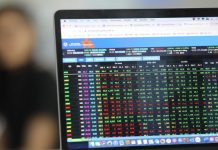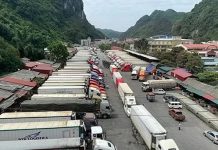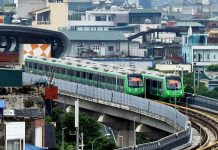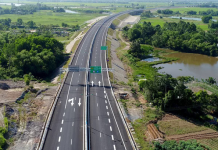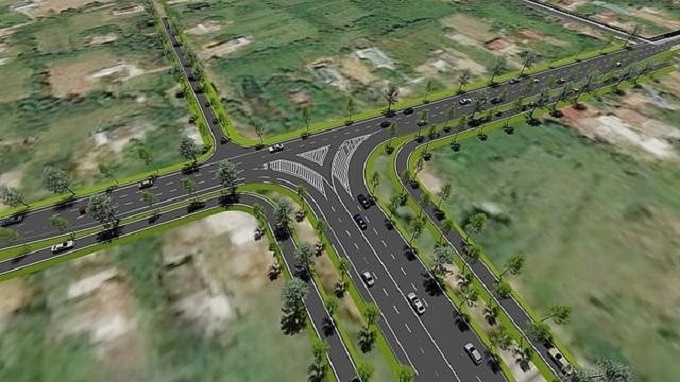
Urban Vietnam is not too worried about losing jobs to robots though numerous studies show it is likely, a survey has found.
The survey by independent market research firm Indochina Research said 64 percent of Vietnamese urbanites were not scared about losing their jobs in this manner in the next 10 years.
Only 31 percent were worried about technology eliminating their jobs.
The remaining 5 percent were indifferent saying they were not working anyway.
The survey polled 600 respondents aged between 18 and 59 last November.
It was part of a global survey done in 40 countries by the Worldwide Independent Network of Market Research and polling agencies.
The Vietnamese confidence rate was higher than in some developed countries like Japan and South Korea or in Southeast Asia.
They were 63 percent in Thailand, 47 percent in Indonesia, 28 percent in Malaysia, and 27 percent in the Philippines.
Overall too, confidence in Vietnam was above the global average with 52 percent saying they were not afraid of their jobs being stolen.
Asked specifically about doctors’ jobs, 66 percent of Vietnamese were for AI supporting doctors, but don’t want to see them fully replaced.
Only 6 percent said they would be happy if AI fully took over from doctors, while 20 percent said they did not want AI anywhere near hospitals.
Despite the hype
The Vietnamese confidence is at variance with studies that say AI threatens jobs in Asia.
Jae-Hee Chang and Phu Huynh of the International Labor Organization said in the next couple of decades 70 percent of jobs in Vietnam are likely to be automated, followed by Cambodia (57 percent), Indonesia (56 percent), the Philippines (49 percent), and Thailand (44 per cent).
Their 2016 report explained the differences in each country’s labor market structure.
In Vietnam’s case, the rate of low-skilled workers – around two in five – was the highest among the five ASEAN countries studied.
Vietnam also had a higher probability of computerization than the others.
A 2017 report by Swiss financial corporation UBS predicted AI would overtake human intelligence.
The World Economic Forum said in a 2018 report Asia could be the global leader in employing industrial robots. It is also where the highest robot production takes place — Japan and Korea are the world’s top two producers with 52 and 12 percent of market shares.
Vietnam is keeping up with global AI trends, with Ho Chi Minh City, its biggest city, spearheading the efforts.
Earlier this month it opened Vietnam’s first AI-powered socioeconomic simulation center to predict future trends for the southern metropolis, the country’s key economic driver.
HCMC leaders have said the city should develop and use AI to fulfill its Industry 4.0 potential.
Foreign and local companies are now investing heavily in AI, especially by acquiring AI startups or creating their own research labs and companies, Hanoi-based tech firm Rubik AI said in January.
The report also discovered that some universities offer AI modules in their curriculum.






